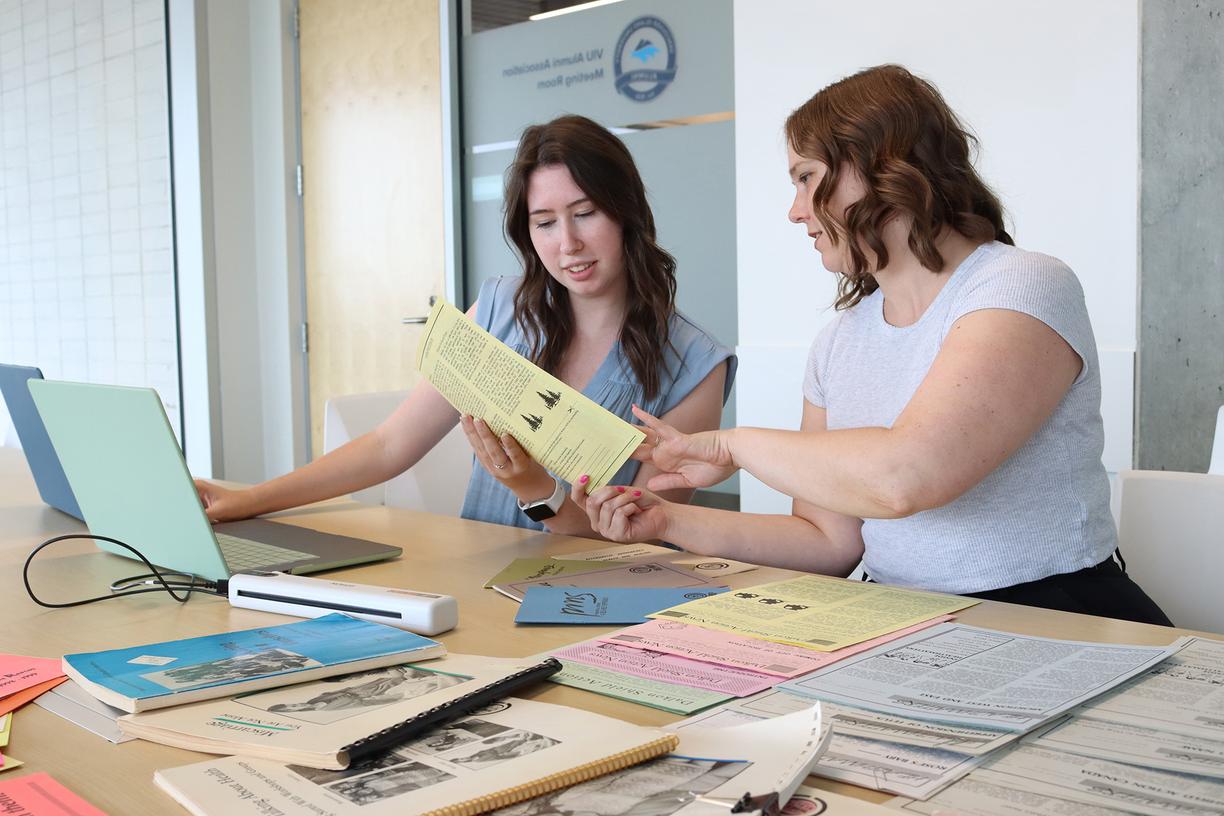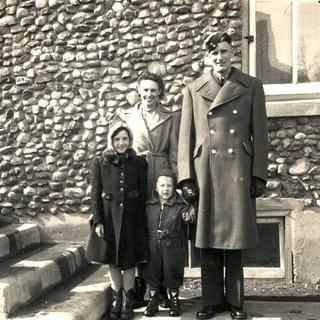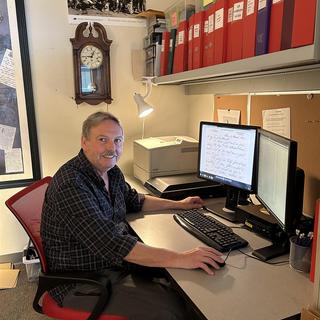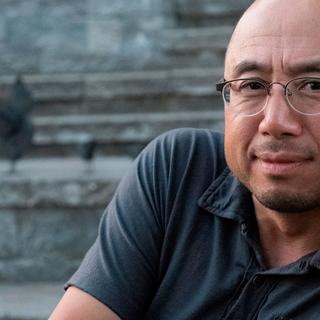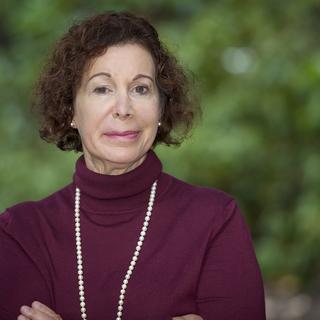VIU Undergrad Research Assistants Elise Cullon and Katie Carroll are digitizing Vancouver Women’s Health Collective documents. Vancouver Island University photo
Vancouver Island University (VIU) researchers are digitizing Vancouver Women’s Health Collective documents to preserve feminist health activism for future study.
“Preserving and publishing these histories shows the promise of feminist models of care and feminist health activism, which have the potential to impact current efforts to improve women’s health,” said Dr. Whitney Wood, VIU’s Canada Research Chair in Historical Dimensions of Women’s Health.
Wood is working with two research assistants, Elise Cullon and Katie Carroll, to digitize the documents. It is part of Wood’s project focusing on pelvic health and public health in the twentieth century. She said studies on women tend to focus on reproduction. Gathering and archiving this health information can help identify the historical roots of gaps in care that continue to disproportionately affect women, non-binary and gender-diverse individuals today.
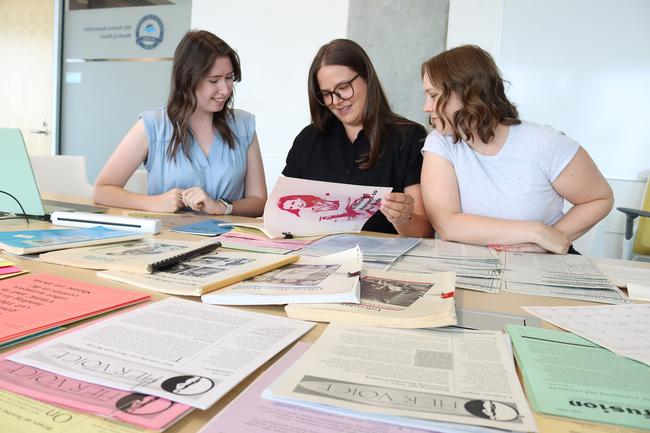
“Collectively there are still significant gaps when it comes to women’s health and women’s health care. It is impossible to begin to fully address those gaps without fully understanding the historical roots where those gaps originate,” said Wood. “Looking at histories of feminist health activism, it becomes clear that feminist health activists associated with the Vancouver Women’s Health Collective were proposing creative solutions to improve access to care, better care and women’s health more broadly 50 years ago.”
Cullon, a History Major and Political Science Minor, noted that women have long been defined by their fertility in research studies, but pelvic health encompasses much more than that.
“I think a project like this can bring women together not only in an academic way but also by presenting the information to show there is a collective opportunity for activism and advocacy,” said Cullon.
Carroll, a VIU Bachelor of Arts Honours in English alum, said there is a tendency to look at some of the issues coming up today and assume this is a new health crisis that women are experiencing. But historical documents reveal many of these issues have persisted for a long time. Carroll said she hopes that by digitizing these documents she’s helping to carry the legacy of these advocates forward. She said it’s continuing efforts to help women educate themselves so they can advocate for themselves.
“There are a lot of battles that are the same battles,” said Carroll. “Being able to root these in historical background helps strengthen the argument that these issues need to be addressed.
Cullon and Carroll scan the Vancouver Women’s Health Collective documents using Optical Character Recognition (OCR). Digitizing a document with OCR means turning it into a text document instead of an image file. This allows people to search the documents online for keywords or other relevant information. The documents are being uploaded to Rise Up! a digital archive of feminist activism.
They still need to read the documents to ensure they’re accurate. Cullon, who received a $5,500 AMS Healthcare Hannah Studentship grant, is working on her honours thesis and is using this project to find inspiration for her future research.
The research project started in 2023 with initial work on patient engagement and goal setting. The work is supported by a Canadian Institutes of Health Research grant.
-30-
Media Contact:
Rachel Stern, Communications Officer, Vancouver Island University
C: 250.618.0373 l E: Rachel.Stern@viu.ca | X: @VIUNews
The VIU community acknowledges and thanks the Snuneymuxw, Quw’utsun, Tla’amin, Snaw-naw-as and Qualicum First Nation on whose traditional lands we teach, learn, research, live and share knowledge.

